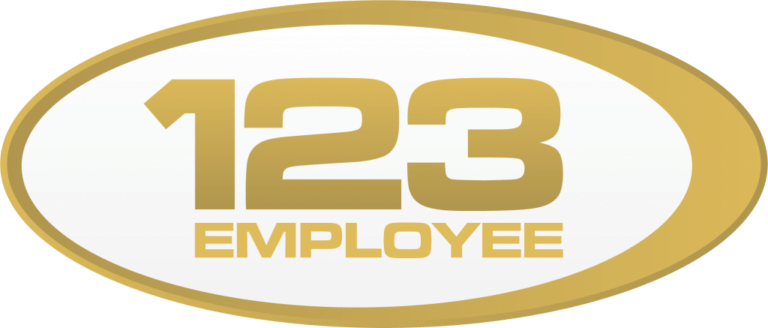Outsourced help desk or in-house support: Which is better?

The route to efficient customer assistance in modern corporate operations can be divided into two paths: outsourcing help desk services or cultivating an in-house support team.
Choosing these options may be compared to being at a crossroads, where the correct path can lead to great service. Meanwhile, the wrong approach can lead to substandard support.
This article explores the difference between outsourced help desk and in-house support. We’ll shed light on their benefits and drawbacks to give you the information you need to make a smart choice.
Advantages of outsourced help desk
When it comes to outsourced help desk support, several notable advantages make it an attractive option for many businesses.
Cost-effectiveness
Outsourced help desk services frequently provide flexible price models, allowing you to pay for the services you need.
You may also cut costs associated with hiring, training, and maintaining an in-house support team by collaborating with a reliable outsourcing service like 123Employee.
Wide range of specialized expertise
One of the significant advantages of outsourced help desk support is gaining access to a wide range of specialized expertise. Companies such as 123Employee provide competent talents with substantial expertise in various domains.
Their knowledge can be especially useful when dealing with sophisticated technological challenges or special requirements that would be difficult to solve with in-house staff.
Scalability and flexibility
An outsourced help desk support gives the adaptability necessary to maintain appropriate service levels. This allows businesses to be scalable and flexible, enabling help desk support teams to respond swiftly to the changing demands of customers.

Disadvantages of outsourced help desk
While an outsourced help desk service has various advantages, it is critical to be aware of the possible drawbacks of this approach.
Understanding these disadvantages will allow you to decide whether outsourcing is the best option for your company.
Communication hurdles
When you outsource your help desk, one of the biggest issues your firm might encounter is keeping everyone on the same page.
Time zone variations, language hurdles, and cultural differences are all possible drawbacks of outsourced help desk services—especially when working with a remote workforce. Response times, customer happiness, and service quality will all suffer due to these obstacles.
Potential loss of control
With an outsourced help desk, you may not have direct control over hiring, training, or operational decisions.
The lack of control can sometimes lead to concerns regarding service quality, adherence to company policies, and alignment with your business objectives.
Security risks
Outsourcing your help desk involves sharing sensitive customer information and data with a third-party service provider. While reputable companies like 123Employee have robust security measures, this risk always exists.
Advantages of in-house support
Alternatively, maintaining an in-house support team offers several advantages that may make it a favorable choice for certain organizations.
Direct control and supervision
In contrast with the outsourced help desk support, having an in-house support team provides you with direct control and supervision over the support processes.
You can align the team’s activities with your business goals, establish tailored training programs, and closely monitor performance.
This level of control allows for more immediate adjustments, ensuring that your help desk support operations are within your overall business strategy.
Better alignment with company culture
These team members have a deeper understanding of your organization’s products, services, and customer base.
As such, an in-house support team can be more closely integrated into your company’s culture, values, and brand identity. This alignment facilitates a more personalized and consistent customer experience, enhancing customer satisfaction and loyalty.

Disadvantages of in-house support
Despite the advantages, there are also certain drawbacks when keeping an in-house help desk support team.
Higher costs
Compared to outsourcing, maintaining an in-house support team can be more expensive. In addition to salaries, benefits, and training costs, you’ll need to invest in these three areas:
- Infrastructure
- Software licenses
- Ongoing maintenance
These expenses can be a significant burden, especially for smaller businesses operating on tight budgets.
Limited availability of expertise
An in-house support team may not always possess the same level of specialized expertise as an outsourced help desk service provider.
Hiring and training staff to cover a wide range of technical or industry-specific knowledge can be challenging and time-consuming.
This limitation can result in additional investment in training or hiring experts for specific areas—making the costs more expensive.
Difficulty in scaling up
It might be hard to scale up immediately to fulfill rising client demands with an in-house support team.
Since recruiting and training new employees takes time, you may be short-staffed when the demand for service increases. This may result in delayed responses, dissatisfied customers, and lost revenue.
Outsourced help desk or in-house support: Choose wisely
Evaluating your business’s unique needs is crucial when deciding between an outsourced help desk or in-house support.
Consider factors such as:
- Cost-effectiveness
- Specialized expertise
- Scalability
- Communication requirements
- Control preferences
Companies like 123Employee cater to diverse business requirements and offer comprehensive outsourced help desk services.
Furthermore, whether outsourcing or in-house support, the decision should always be based on what best aligns with your organization’s strategic objectives and customer service goals.







 Independent
Independent




